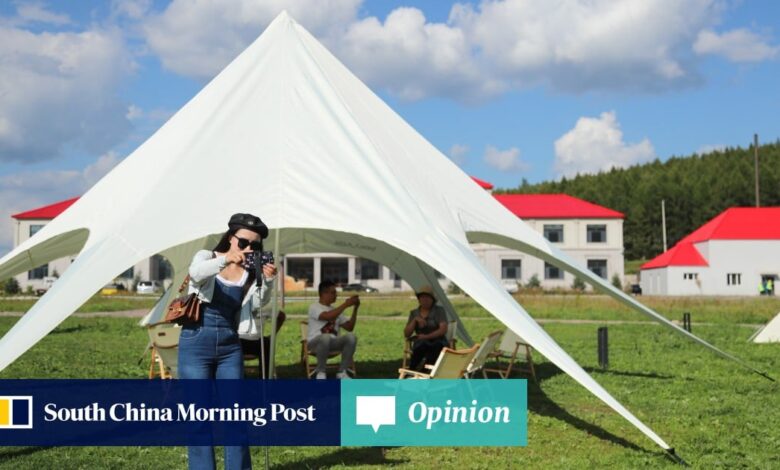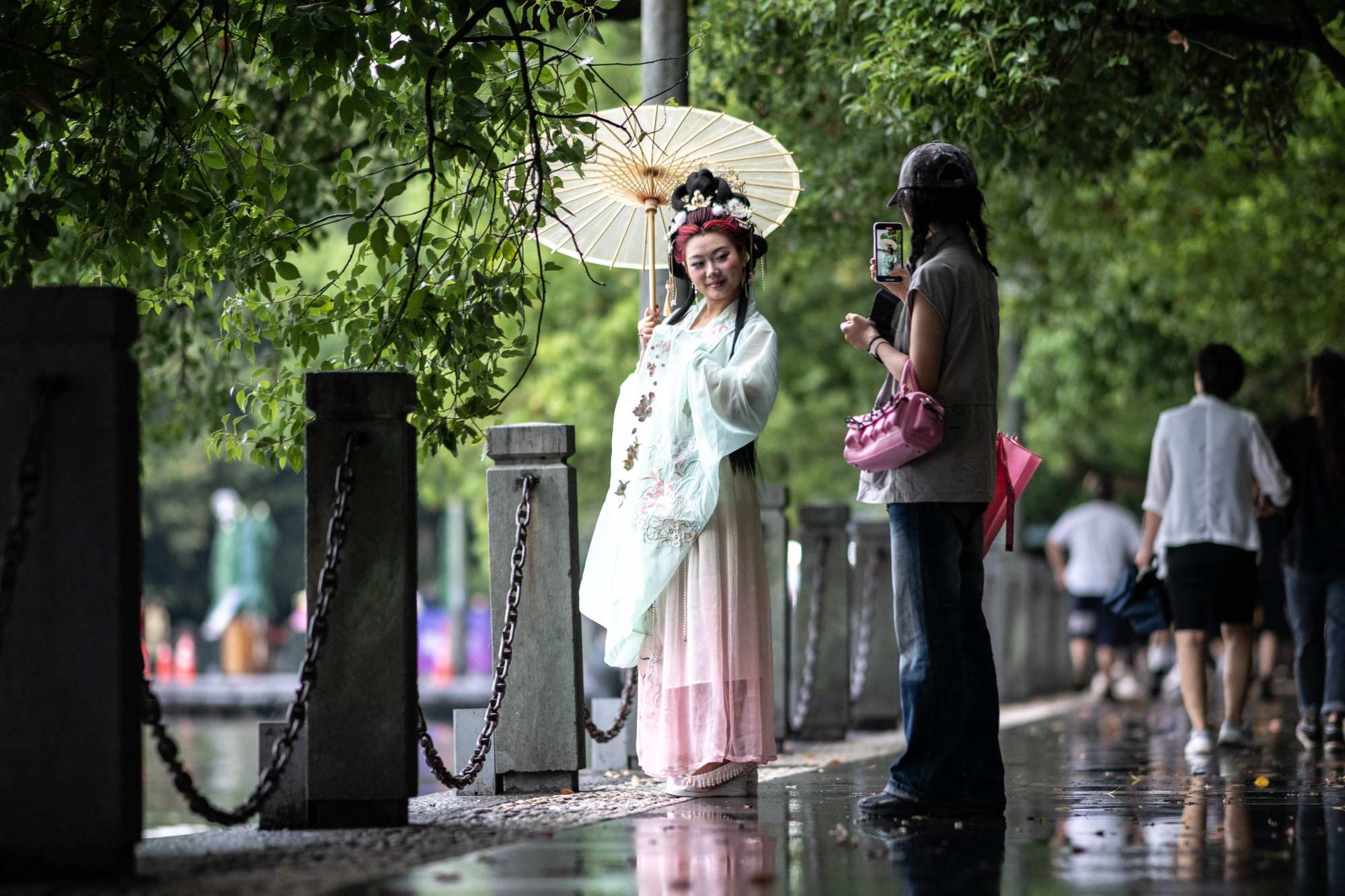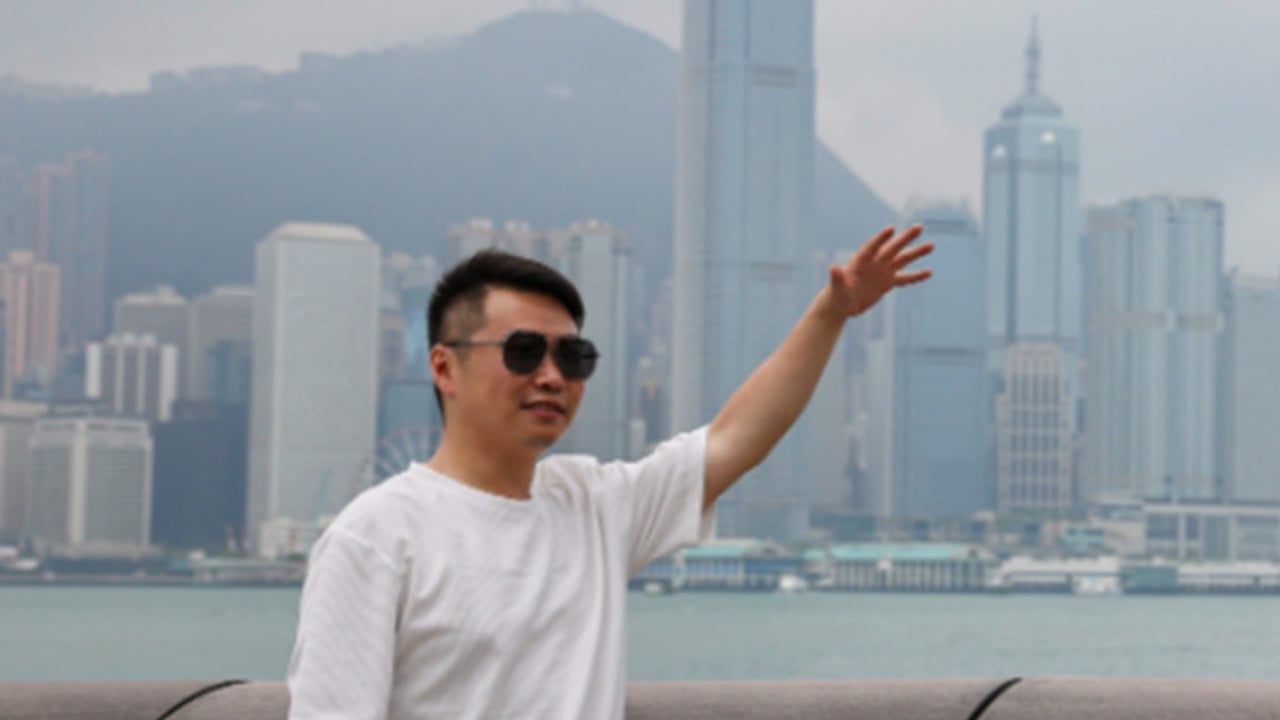Opinion: As more Chinese tourists stay home, Hong Kong must embrace them even more

But Hong Kong is not alone in craving the return of China’s international travellers. According to UN World Tourism Organization (UNWTO) data, China had become the world’s biggest tourism source market by 2019, accounting for 6 billion annual trips domestically and generating US$255 billion in tourism spending overseas.
China’s emergence as a tourism superpower is literally reshaping tourism worldwide. From a mere 12 million outbound travellers from China in 2001, the total rose to a 2019 peak of 170 million, then dropped to 8 million during the pandemic in 2022. Chinese outbound tourists are forecast to rebound to 110 million this year, with around half travelling in Greater China (mostly Hong Kong and Macau), and half to the rest of the world – led by Japan, Thailand, France, South Korea and Australia.
While visiting China in February, UNWTO secretary general Zurab Pololikashvili noted that the pandemic cost destinations worldwide a combined US$270 billion in Chinese outbound tourist spending in 2020 and 2021. Thus, while the impact on Hong Kong has been particularly severe, impacts on markets such as the United States and the European Union have also been strong.
From a peak of 3.17 million Chinese visitors to the US in 2017, the total fell to just 370,000 last year. Non-stop flights to the US were in April only back to 6 per cent of pre-pandemic levels. For the EU, the number of overnight stays by Chinese visitors has similarly plunged, from 22.2 million in 2019 to 1.6 million in 2021, according to Eurostat.
Thankfully for both the US and the EU, post-pandemic tourism has rallied more strongly than in Asia, which remains by far the world’s laggard, recovering last year to just 23 per cent of pre-pandemic levels.
While China’s raw tourist numbers are gradually climbing, it seems the kinds of Chinese tourists we are welcoming today have changed, in part because of economic and geopolitical factors. As an East Asia Forum report recently noted: “Pent-up demand is high and financial means are abundant but fear of infection and concerns about economic security have prevented households from spending.”
Around the world, inflation, recessionary impacts on wages, the sharp increase in air ticket prices and accommodation costs, and increasing concern about the climate impact of air travel have triggered a sharply rising preference for domestic holidays.
While the influence of these changes on international travel is likely to be strong, it is perhaps the changes being wrought inside China that may be most transformative. A fascinating report by the Cheung Kong Graduate School of Business sees big changes in China’s domestic tourism, which employs about 80m people and generates about US$1 trillion a year.

There is also an intriguing trend among China’s tech-savvy in virtual vacations, not just to scenic destinations both in China and overseas, but also to attend events, performances and exhibitions from the sofa at home.
Not to be a party pooper during this festive weekend, but one should not forget Xi’s famous assault on mooncakes and Mao-tai in 2013, as he clamped down on billionaire extravagance and official corruption, thus perhaps reducing the environmental harm arising from overpacking of Mid-Autumn gift boxes.
David Dodwell is CEO of the trade policy and international relations consultancy Strategic Access, focused on developments and challenges facing the Asia-Pacific over the past four decades






